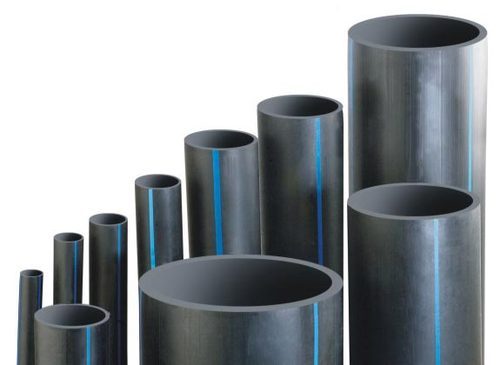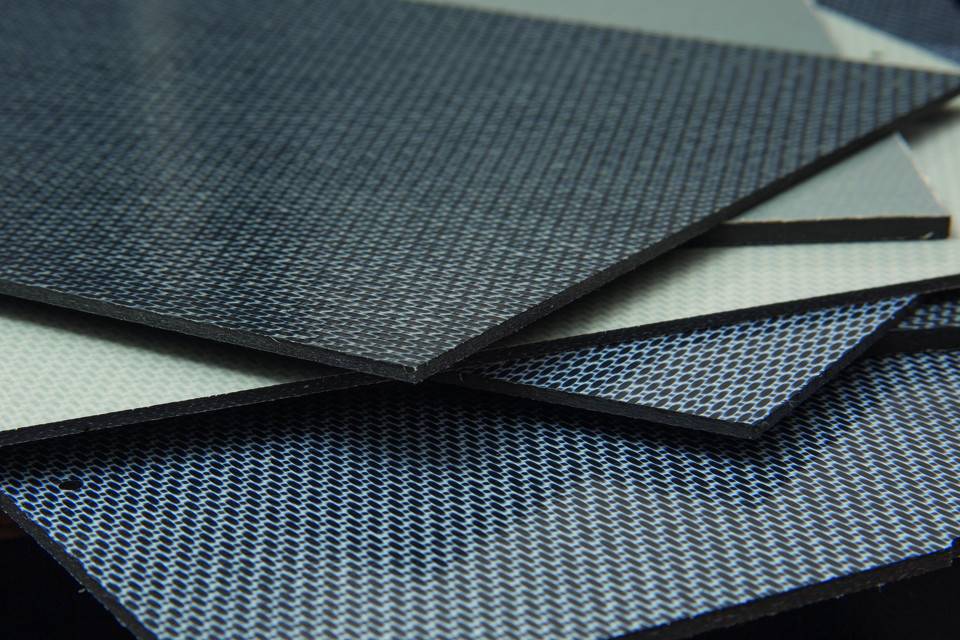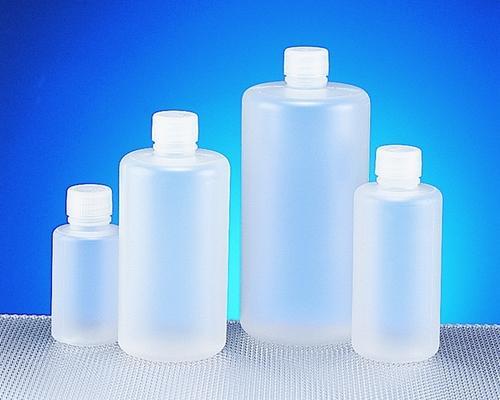
Whenever the discussion of Non Toxic Revolution comes up, plastic is one such topic that cannot be ignored. When it comes to food containers or packaging, plastic is inescapable. But, have you ever thought about the components of the plastic containers and what impact it has on your body and the environment?
Polyethylene terephthalate
Commonly known as PET or PETE, it is usually transparent in color. It is used in the manufacturing of a large variety of disposable beverage bottles and food containers. Another common place where this type of thermoplastic composite material is used is in the household cleaning product containers.
It is relatively safe to use this type of plastic. But, it is recommended to keep them away from heat as it could destroy the carcinogens. Also, the porous nature of its surface makes it not to be used plastic for makeshift containers.

High-density polyethylene
Commonly known as HDPE or high density plastics, it is usually opaque in color. It is widely used in the manufacturing of detergent bottles’, butter tubs, milk jugs, juice containers and toiletries containers. This plastic is considered to be safe amongst all and there are involved less risk of leaching.
Polyvinyl chloride
Commonly known as PVC, it is popular for its tough strength. It is widely used to make food wraps, cooking oil bottles, inflatable mattresses, plumbing pipes and shower curtains. However, it is not at all safe for cooking and heating.

This type of plastic contains phthalates which can create disturbance in the hormonal development. Always make sure to go through the labels to make sure they are free of PVC. It is rarely picked by the recycling programs.
Polypropylene
Commonly known as PP, this thermoplastic composite material is considered microwave safe and there exist no chances of getting warped in the microwave. The common items that are produced using this type of plastic include medicine bottles, yogurt cups, the ketchup bottle and kitchen utensils. It is always recommended to use glass containers for microwave.
Polystyrene
Also known as Styrofoam, this type of plastic is commonly used in packaging such as packing of wafers and peanuts. It is also used by industries specializing in the manufacturing of food ware and disposable containers.
This type of plastic release toxic chemicals at the time of heating, it is recommended to avoid this type of plastic as much as possible. It is also difficult to recycle hence it is not picked by the recycling programs or facilities. If not recycled, it takes hundreds of years to decompose.

Low-density polyethylene
Also known as LDPE, likewise high density plastics, it is also considered relatively safe. It is widely used in the manufacturing of food wraps, bread bags, grocery bags and squeezable bottles. But there lies a disadvantage with this type of plastic. It is neither recyclable nor it is being picked up by the recycling programs.
Try to stay away from plastics as much as possible. But, if you’re using, go for the less hazardous one.






0 comments:
Post a Comment